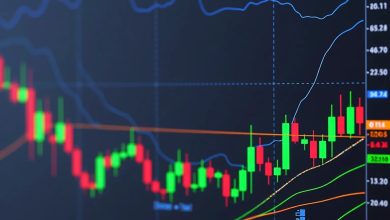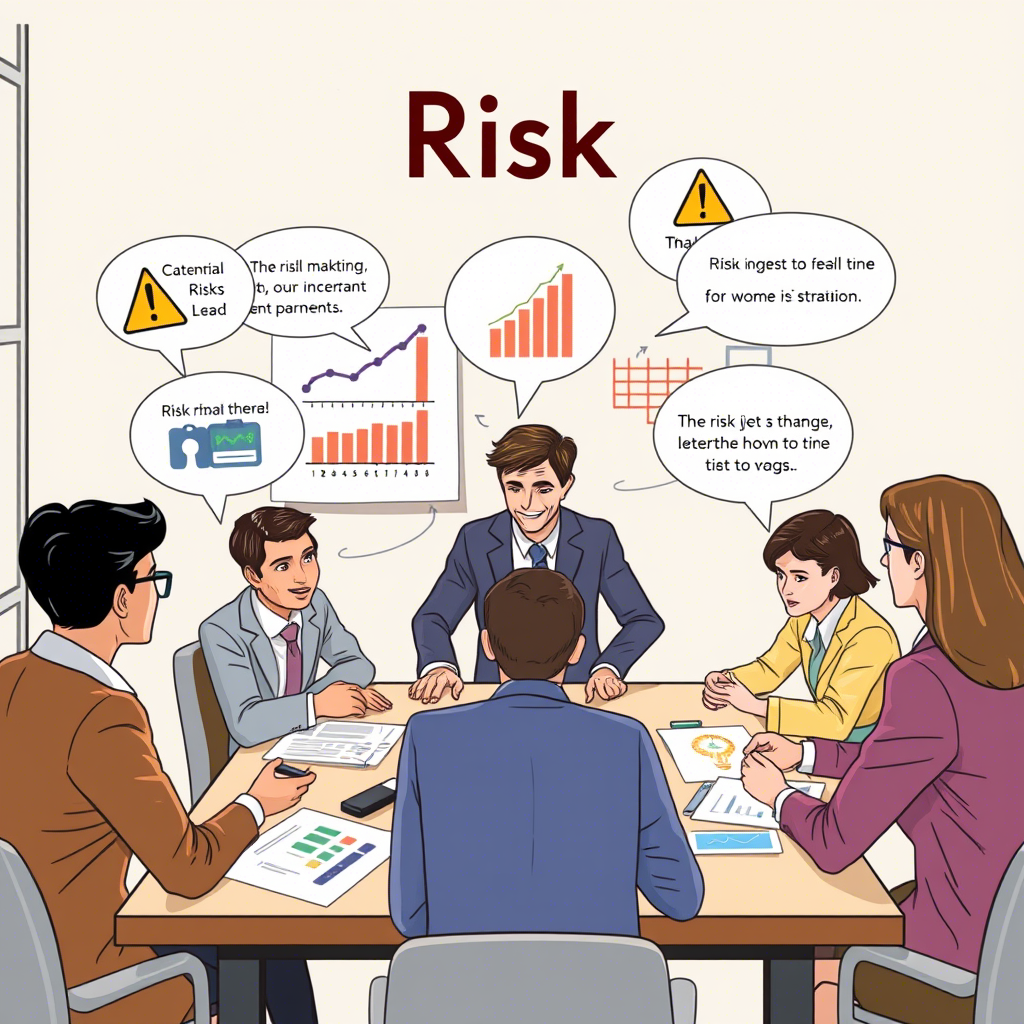How to Choose the Best Forex Broker for Currency Trading Success

What Is a Forex Broker?
A forex broker is a financial services company that facilitates your access to the foreign exchange market. They act as intermediaries, executing your buy and sell orders for currency pairs like EUR/USD or GBP/JPY. Brokers provide trading platforms (e.g., MetaTrader 4), market data, and account management tools, and they often offer additional services like educational resources or customer support.
Brokers earn money through spreads (the difference between buy and sell prices), commissions, or overnight fees (swaps). The right broker aligns with your trading style, goals, and experience level, making them a cornerstone of your forex journey.
Why Choosing the Right Broker Matters
Your broker plays a pivotal role in your trading experience. A reliable broker can enhance your performance, while a subpar one can lead to frustration, losses, or even scams. Here’s why selecting the right broker is crucial:
-
Trade Execution: Fast, accurate execution ensures you enter and exit trades at desired prices.
-
Cost Efficiency: Competitive spreads and fees maximize your profits.
-
Security: Regulated brokers protect your funds and personal data.
-
Support and Tools: Quality platforms, analytics, and customer service streamline your trading.
-
Trustworthiness: A reputable broker ensures fair practices and transparency.
With these benefits in mind, let’s explore how to evaluate forex brokers.
Key Factors to Consider When Choosing a Forex Broker
To find the best broker, focus on these essential criteria that align with your needs.
1. Regulation and Security
Regulation is the first thing to check. A regulated broker adheres to strict standards set by financial authorities, ensuring your funds are safe. Look for brokers overseen by reputable regulators like:
-
FCA (Financial Conduct Authority, UK)
-
ASIC (Australian Securities and Investments Commission)
-
CFTC/NFA (Commodity Futures Trading Commission, USA)
-
CySEC (Cyprus Securities and Exchange Commission)
Also, check for fund protection measures, such as segregated accounts (keeping client funds separate from the broker’s) and deposit insurance.
2. Trading Platform
The trading platform is your interface with the market. Popular options include MetaTrader 4 (MT4), MetaTrader 5 (MT5), cTrader, or proprietary platforms. Ensure the platform offers:
-
Advanced charting and technical indicators (RSI, moving averages, etc.).
-
Fast order execution with minimal slippage.
-
Mobile and desktop compatibility for trading on the go.
-
User-friendly design for your skill level.
Test the platform via a demo account to assess its functionality.
3. Costs and Fees
Trading costs impact your profitability. Compare:
-
Spreads: Tight spreads (e.g., 0.1-1 pip on EUR/USD) reduce costs, especially for frequent traders.
-
Commissions: Some brokers charge per trade, common in ECN accounts.
-
Swap Fees: Overnight fees for holding positions, critical for long-term traders.
-
Deposit/Withdrawal Fees: Ensure these are minimal or nonexistent.
Choose a broker with transparent pricing that suits your trading frequency.
4. Account Types and Leverage
Brokers offer various account types (standard, mini, ECN) with different minimum deposits and features. Check if the broker provides:
-
Flexible Leverage: Options like 10:1 or 100:1, but use leverage cautiously to manage risk.
-
Low Minimum Deposits: Ideal for beginners starting with small capital.
-
Demo Accounts: For risk-free practice before trading live.
Select an account that matches your experience and budget.
5. Customer Support
Reliable support is vital, especially during market volatility. Look for:
-
24/5 availability via live chat, email, or phone (since forex markets run 24/5).
-
Responsive and knowledgeable staff.
-
Multilingual support if needed.
Test the support team with questions before signing up to gauge their efficiency.
6. Additional Features
Top brokers go beyond the basics, offering:
-
Educational Resources: Tutorials, webinars, or guides for beginners.
-
Market Analysis: Daily news, economic calendars, or technical insights.
-
Copy Trading: Platforms like eToro let you mimic successful traders.
-
Automated Trading: Support for Expert Advisors (EAs) or algorithmic trading.
These extras can accelerate your learning and improve your strategy.
Types of Forex Brokers
Understanding broker types helps you choose one that fits your trading style.
1. Market Maker Brokers
Market makers act as counterparties to your trades, setting their own prices. They offer:
-
Fixed spreads, ideal for beginners.
-
User-friendly platforms and low minimum deposits.
-
Potential conflicts of interest, as they profit when you lose.
Best For: Novice traders seeking simplicity.
2. ECN Brokers
Electronic Communication Network (ECN) brokers connect you directly to the interbank market for transparent pricing. They offer:
-
Variable, tighter spreads and raw market access.
-
Commissions per trade.
-
Faster execution, ideal for scalping.
Best For: Experienced traders or scalpers.
3. STP Brokers
Straight Through Processing (STP) brokers route orders to liquidity providers without intervention. They combine:
-
Competitive spreads with no dealing desk.
-
Fast execution and transparency.
-
Occasional wider spreads during volatility.
Best For: Traders seeking a balance of speed and cost.
Popular Forex Brokers to Consider
Here are some well-regarded brokers known for their reliability and features:
1. IG
-
Regulation: FCA, ASIC, CFTC.
-
Features: User-friendly platform, extensive educational resources, tight spreads.
-
Best For: Beginners and advanced traders.
2. Forex.com
-
Regulation: CFTC, FCA, ASIC.
-
Features: MT4/MT5 support, advanced charting, low minimum deposits.
-
Best For: Traders seeking robust tools.
3. Pepperstone
-
Regulation: ASIC, FCA, CySEC.
-
Features: ECN pricing, cTrader/MT4/MT5, fast execution.
-
Best For: Scalpers and algorithmic traders.
4. eToro
-
Regulation: FCA, CySEC, ASIC.
-
Features: Social trading, copy trading, intuitive platform.
-
Best For: Beginners interested in copying experts.
5. OANDA
-
Regulation: CFTC, FCA, ASIC.
-
Features: Transparent pricing, advanced analytics, MT4 integration.
-
Best For: Traders prioritizing transparency.
Always research and test brokers via demo accounts before committing.
Tips for Choosing a Forex Broker
Follow these steps to find a broker that suits your needs:
-
Verify Regulation: Check the broker’s website or regulator’s database for licensing details.
-
Test the Platform: Use a demo account to evaluate the platform’s speed, tools, and usability.
-
Compare Costs: Request a fee schedule to understand spreads, commissions, and hidden charges.
-
Read Reviews: Check user feedback on platforms like Trustpilot or forex forums, but beware of biased reviews.
-
Start Small: Open a live account with a small deposit to test execution and support before scaling up.
Common Pitfalls to Avoid
Steer clear of these mistakes when selecting a broker:
-
Choosing Unregulated Brokers: They may offer attractive bonuses but risk your funds.
-
Focusing Solely on Low Costs: Cheap brokers may compromise on execution or support.
-
Ignoring Platform Compatibility: Ensure the platform suits your trading style (e.g., scalping vs. long-term).
-
Overlooking Withdrawal Policies: Check for delays or high fees when accessing your funds.
-
Falling for Bonuses: Promotions often come with restrictive terms, like high trading volume requirements.
How to Get Started with a Broker
Once you’ve chosen a broker, follow these steps:
-
Open a Demo Account: Practice trading to assess the platform and build skills.
-
Complete Registration: Provide ID and proof of address for a live account (required by regulated brokers).
-
Deposit Funds: Start with an amount you’re comfortable risking.
-
Set Up Risk Management: Use stop-losses and conservative leverage to protect your capital.
-
Begin Trading: Apply your strategy and monitor performance.
Conclusion
Choosing the right forex broker is a foundational step toward success in currency trading. By prioritizing regulation, platform quality, cost transparency, and customer support, you can find a broker that enhances your trading experience. Test platforms with demo accounts, compare features, and avoid unregulated or overly promotional brokers. Whether you’re a beginner or a seasoned trader, the right broker empowers you to navigate the forex market with confidence. Start your search today, and take the first step toward profitable currency trading!




